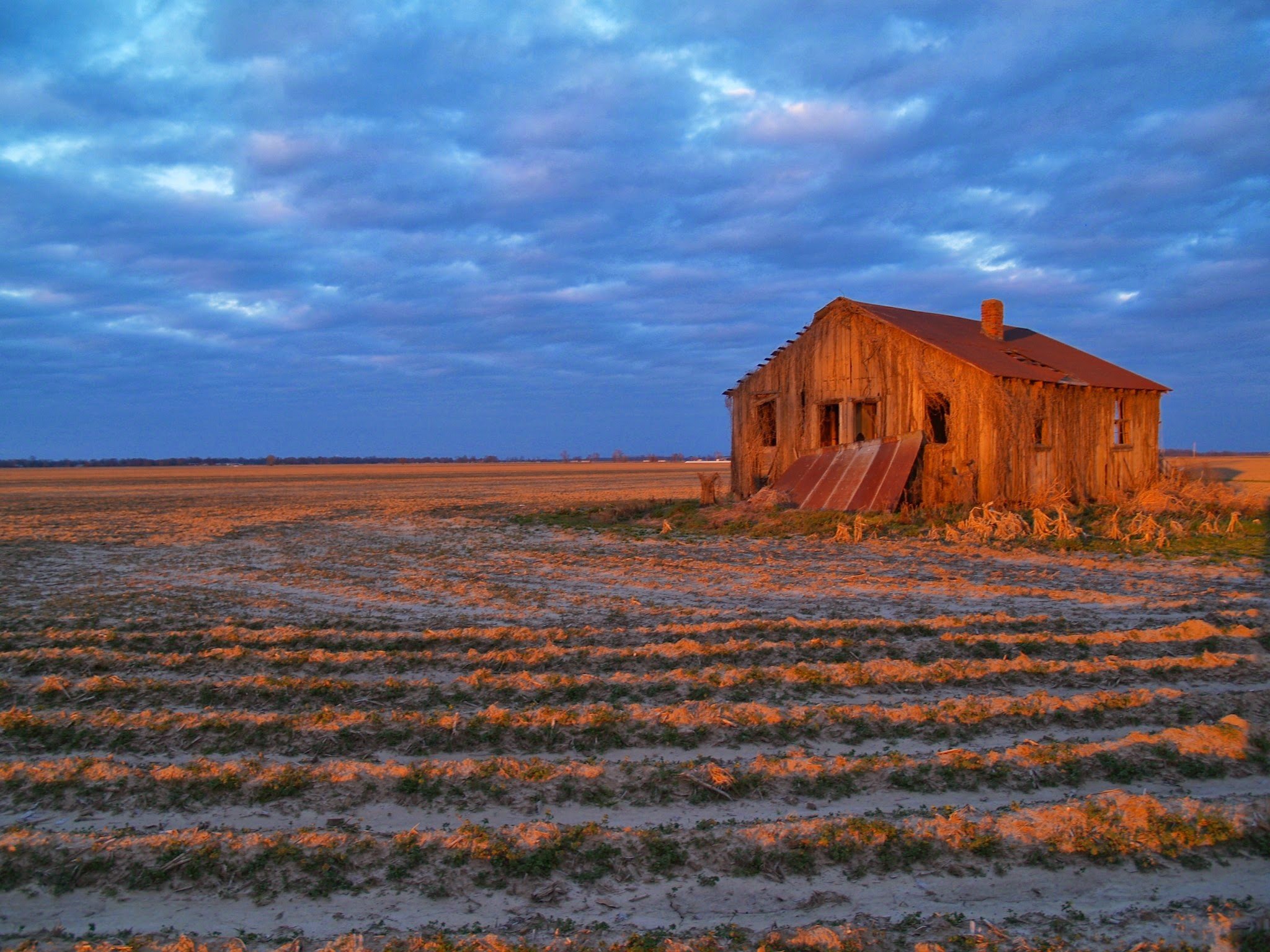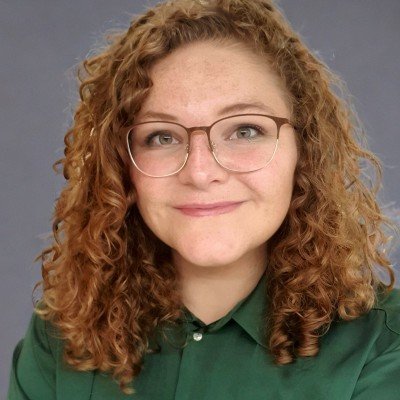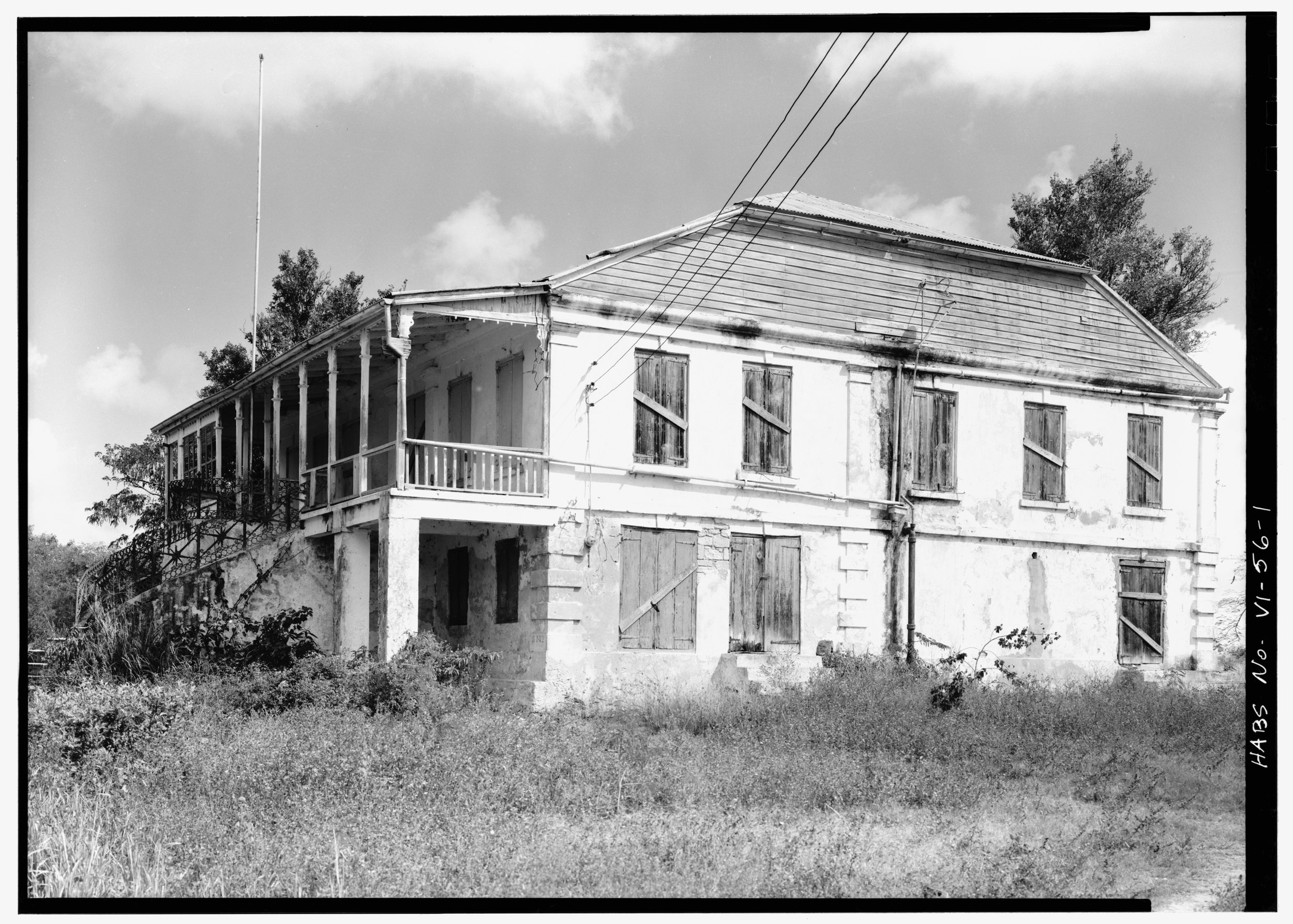
Race Land: Conclusions
Symposium, 19-20 September 2024
Environmental History Lecture, 4 October 2024
Environmental History Lecture: The Meaning of Wetlands
What is the meaning of wetlands? Throughout history, humans more often than not considered wetlands like swamps, fens, and bogs as obnoxious and hostile spaces. “Drain the swamp” has even become a political slogan.
In this Environmental History Lecture, historian and Americanist Maarten Zwiers delves into the various manifestations of the marsh and its representation in movies, literature, and politics. From Het Zwin in Zeeuws Vlaanderen to the swamps in the Deep South of the United States and onward to the peat fields in the North of the Netherlands, we discover how wetlands mean different things to different organisms, both human and other-than-human.
While antebellum planters in the US South saw marshlands as obstacles to progress and profit, swamps offered refuge to those escaping the plantation system. The swamp can be many things: a dystopia that needs to be drained, a symbol of chaos and decay, but also an important agent in the fight against global warming and a site of resistance and rebellion against enslavement and extraction.
LOCATION: Roosevelt Institute for American Studies, Middelburg
DATE AND TIME: 4 October 2024, 16:00-17:00
Symposium program
September 19:
14:00-14:45: Keynote Matt Guterl
14:45-15:15: Coffee/tea break
15:15-16:30: Discussion and Q&A
16:30-18:30: Drinks
September 20:
14:00-14:45: Keynote Jodi Skipper
14:45-15:15: Coffee/tea break
15:15-16:30: Discussion and Q&A
16:30-17:30: Drinks
Keynote speakers
-

MATTHEW PRATT GUTERL
KEYNOTE AND DISCUSSION ON THURSDAY, 19 SEPTEMBER 14:00-16:30
Matthew Guterl is a historian of the United States from the Civil War to the present, with extensive expertise in the history of race-relations, civil and human rights, and empire. He earned his BA from what was then called Stockton State College in 1993 (now Stockton University) and his PhD from Rutgers University in 1999.
Guterl is the author of five scholarly monographs: The Color of Race in America, 1900-1940 (Harvard, 2001), American Mediterranean: Southern Slaveholders and the Age of Emancipation (Harvard, 2008), Seeing Race in Modern America (UNC, 2013), and Josephine Baker and the Rainbow Tribe (Harvard, 2014). Hotel Life (UNC, 2015), a critique of rentable private space, was co-authored with his collaborator, Caroline Levander. His memoir about growing up in a multiracial adoptive household, Skinfolk, was published in 2023 by Liveright, the literary imprint of Norton.
He is presently working on a global biography of the queer, cosmopolitan, human rights activist, Roger Casement, soon to be published by Liveright. The book is tentatively titled: The Hanged Man: Roger Casement, the Great War, and the Human Rights Revolution.
Guterl has begun researching a new project on the 1970s, titled The Troubles, focusing on the connections and disjunctions, the parallels and divergencies of Black radical politics and "The Troubles" in Northern Ireland. Beyond uncovering the longer historic entanglements of Black/Irish radicalisms, the work will look at the specific conditions of that disastrous decade, illuminating the power of art and culture, and showcasing moments of solidarity, of discovery, and of disillusionment.
-

JODI SKIPPER
KEYNOTE AND DISCUSSION ON FRIDAY, 20 SEPTEMBER 14:00-16:30
Jodi Skipper is a Professor of Anthropology and Southern Studies at the University of Mississippi. Skipper studies how Black pasts are represented in the present, and how historic preservation projects play a role in imagining more sustainable and healthy futures for U.S. southern communities. She earned a B.A. in History from Grambling State University (LA), a M.A. in Anthropology from Florida State University, and a Ph.D. in Anthropology, with a focus on African diaspora studies, from the University of Texas at Austin.
During her time at the University of Mississippi, she has worked with Behind the Big House, a slave dwelling interpretation program in Mississippi, which expanded to the state of Arkansas. In 2017, Skipper was awarded one of eight Whiting Foundation Public Humanities fellowships to help expand the program model. With that fellowship, she created behindthebighouse.org, a website designed to help make the program model more accessible to individuals and institutions thinking through how they might incorporate slavery into historic site narratives.
Her book Behind the Big House: Reconciling Slavery, Race, and Heritage in the U.S. South (University of Iowa Press) tells the story of a southern academic navigating life and a career in landscapes that honor the Confederacy while silencing slavery. The book is based on her collaboration with the Behind the Big House program in Mississippi.
Skipper is also co-editor (with Michele Grigsby Coffey) of Navigating Souths: Transdisciplinary Explorations of a U.S. Region, fourteen original essays that articulate questions about the significances of the South as a theoretical and literal “home” base for social science and humanities researchers.
Discussants
-

DEBBY ESMEÉ DE VLUGT
Debby Esmeé de Vlugt (Utrecht University) is a Lecturer in the History of International Relations with a background in 20th-century North American, Caribbean, and Atlantic history. She specializes in the global history of the Black Power movement, with a key interest in connections between activists in the United States and the Kingdom of the Netherlands (including the former Netherlands Antilles and Suriname) in the 1960s and 1970s. Her current projects also include a study of European solidarity with the American Black Panther Party and an edited volume on anticolonial thought in Suriname.
-

LIEUWE JONGSMA
Lieuwe Jongsma is head of Public Outreach at the Groningen Archives. He co-authored Sporen van Slavernijverleden in Groningen (Traces of Slavery in Groningen) and did research on Groningen family networks involved in the transatlantic slave trade. Jongsma is an expert in local and regional history, especially how colonialism and slavery shaped the city and province of Groningen, for instance the connection between plantation economies and the Peat Colonies on the Drenthe-Groningen border. Before his current position at the Groningen Archives he was curator at the Groningen Museum.
-

DANETTE HOYER
Danette Hoyer works as reintegration coach for the municipality of Groningen and follows social developments in Curaçao and the wider Caribbean region. Besides her work as trainer and coach, she organizes commemorations about Tula, who was enslaved on the Knip Plantation on Curaçao and organized an uprising there in 1795, which lasted a month and was inspired by the Haitian Revolution happening around the same time.
Location: House of Connections
Grote Markt 21, Groningen
Free drinks afterwards! Please register for the symposium via the link below:

